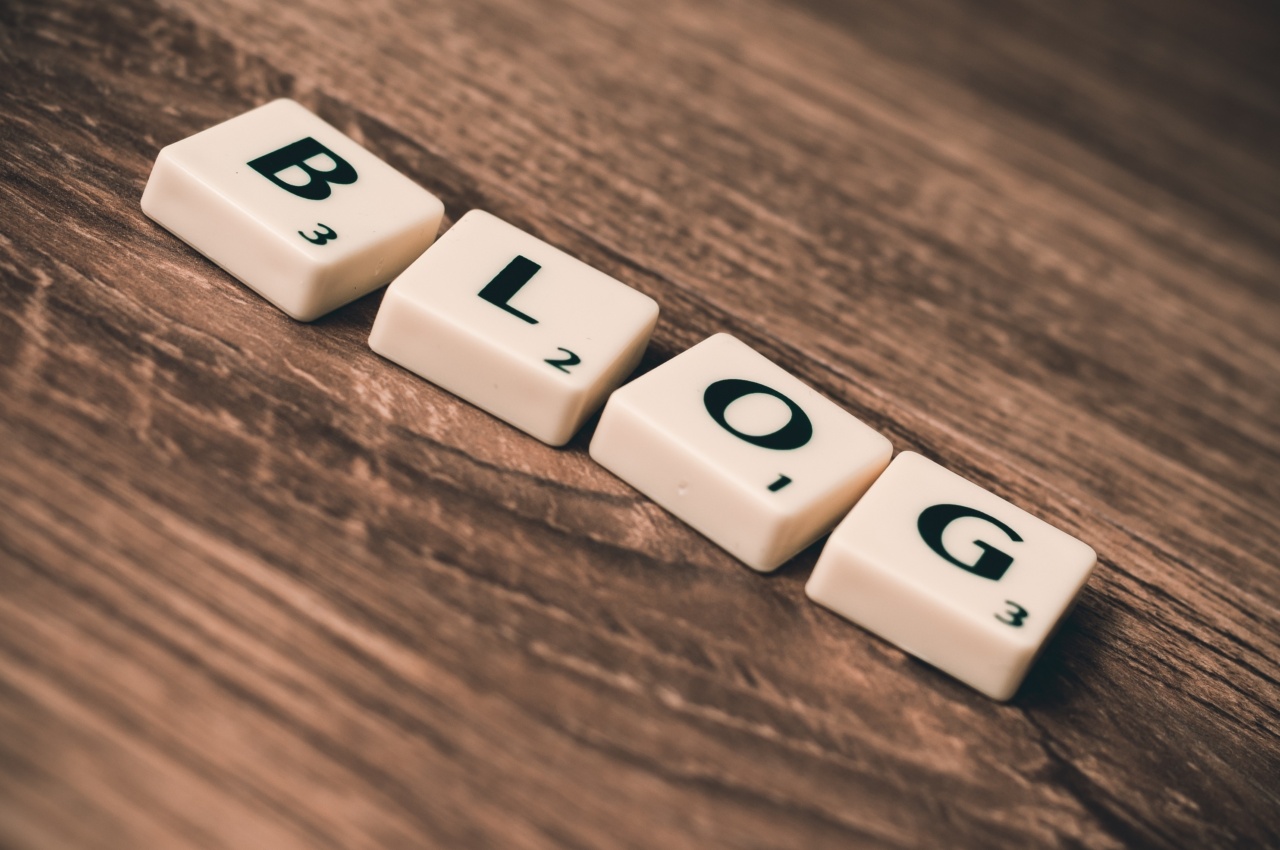Social media has become a ubiquitous part of modern society. Whether we like it or not, most of us spend a significant portion of our time online, browsing through various social networking sites.
While social media offers many benefits, including an ever-expanding network of friends and contacts, it also presents several negative side effects, including anxiety and dependence.
What is Social Media Anxiety?
Social media anxiety is the feeling of stress, anxiety and nervousness related to using or being away from social media platforms. This is not something that is felt by everyone, but it is becoming increasingly common, especially among young people.
The fear of missing out on something important or of being disconnected from friends and family can be a significant source of anxiety for some people.
Why Social Media Causes Anxiety
The brain’s pleasure centers are activated when we receive likes or comments on our posts, similar to the way drugs like cocaine activate the brain’s pleasure centers.
This reinforcement of positive feelings encourages individuals to continuously engage with social media, leading to dependence, addiction and anxiety.
In addition, social media often presents an unrealistic representation of people’s lives. It’s easy to compare our own lives to the seemingly perfect lives of others, causing feelings of inadequacy and anxiety.
This can lead to feelings of depression, low self-esteem and anxiety, further reinforcing the dependence on social media to cope.
The Dangers of Social Media Dependence
Social media dependence can be detrimental to our mental health, leading to a range of problems including depression, low self-esteem, and anxiety. It can also lead to physical ailments, including eye strain, poor posture, headaches, and neck pain.
In some cases, it can even lead to addiction, similar to substance abuse, where people cannot go without checking their social media accounts for an extended period of time, leading to social withdrawal and isolation.
Breaking the Cycle of Social Media Dependence
Breaking the cycle of social media dependence requires strong willpower and a willingness to change. Here are some tips to help you break the cycle:.
Limit your time on social media: Set a specific amount of time every day that you can spend on social media, and stick to it. You can use a timer or an app on your phone to help you track your usage.
Focus on real-life interactions: Instead of checking your newsfeed or going on a social media binge, focus on interacting with people in real life. Take a walk with a friend, have a coffee, or simply chat with someone face-to-face.
Practice mindfulness: Mindfulness can help you stay present in the moment and reduce your urge to check social media. Try deep breathing exercises or meditation to help you relax and stay focused on what’s happening around you.
Conclusion
Social media can be a great tool for staying connected, but it can also be harmful to our mental and physical health. If you find yourself feeling anxious or dependent on social media, it’s time to take a step back and reassess your habits.
By setting limits, focusing on real-life interactions, and practicing mindfulness, you can break the cycle of social media dependence and lead a happier, healthier life.






























